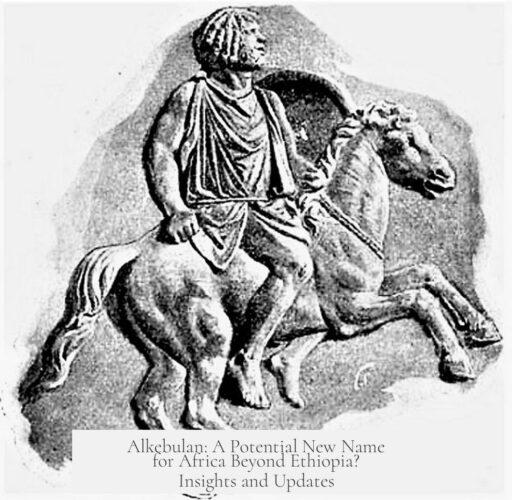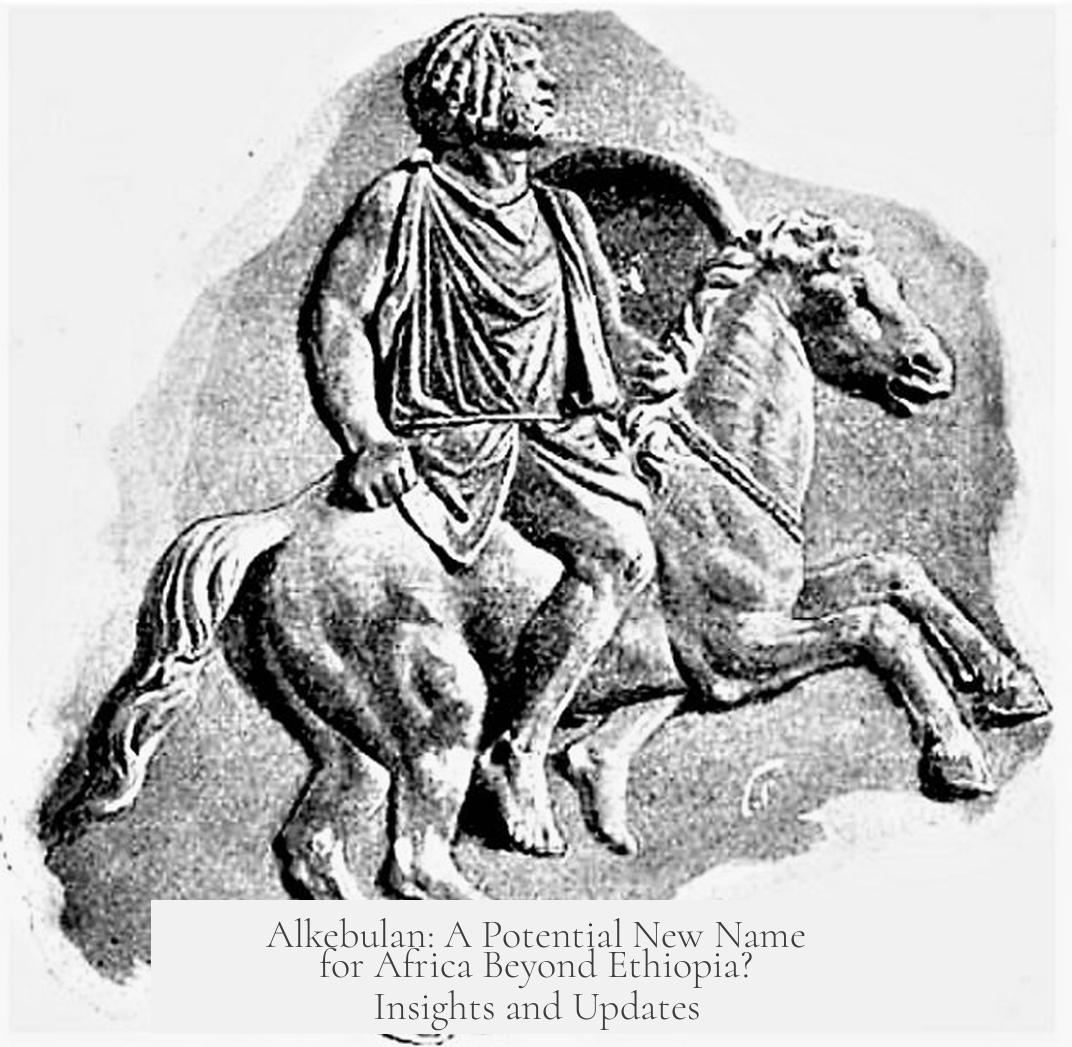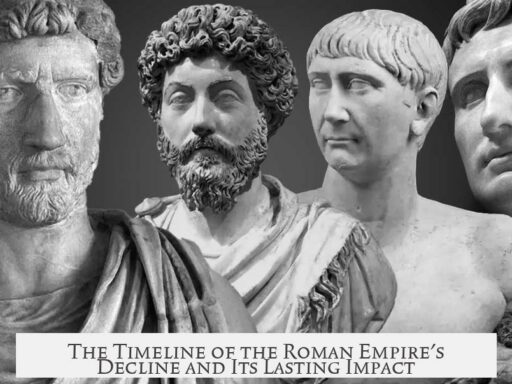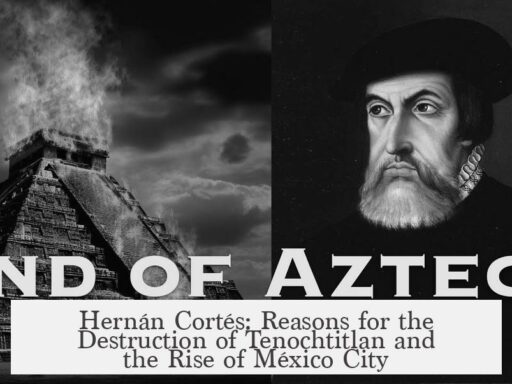The name “Alkebulan” as a designation for the African continent remains largely unsubstantiated in academic and historical contexts outside popular or cultural discourse, contrary to some modern claims. Despite frequent assertions that “Alkebulan” was the ancient indigenous name for Africa and means “mother of mankind” or “garden of Eden,” credible historical evidence supporting this is scarce. The main source for these claims appears linked to mid-20th-century Afrocentric writers rather than classical or archaeological records.
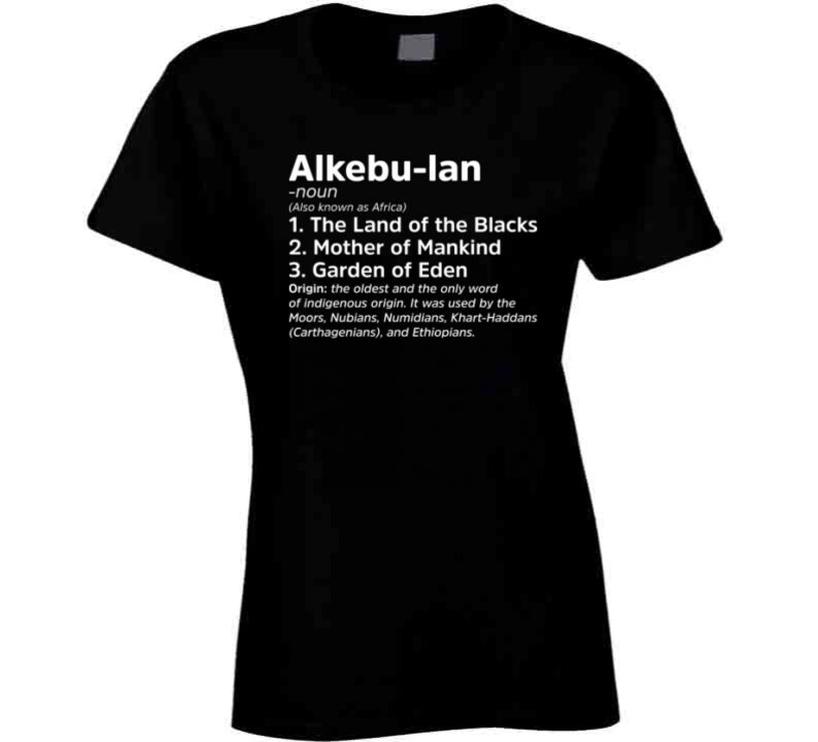
The claim that Alkebulan was Africa’s original name is most often traced to Afrocentric narratives from the 1970s. In particular, Yosef ben-Jochannan’s 1970 book Black Man of the Nile mentions Alkebulan, though no direct source or ancient text confirms it. This usage seems to have popularized the term in certain cultural circles. Sometimes, Cheikh Anta Diop, a notable Senegalese historian and Egyptologist, is cited as the source of the Alkebulan claim. However, Diop himself did not document Alkebulan in his major works, such as The African Origin of Civilization: Myth or Reality (1974), nor is there a book titled Kemetic History of Afrika by him as often misstated.
This uncertainty weakens the validity of Alkebulan as a historically verified name for Africa. While the term is frequently described as meaning “mother of mankind” or “garden of Eden,” these translations lack linguistic or etymological support from ancient African languages or inscriptions. The assertion that various ancient African peoples—Moors, Nubians, Numidians, Khart-Haddans (Carthaginians), and Ethiopians—used the name Alkebulan conflicts with known historical and linguistic evidence.
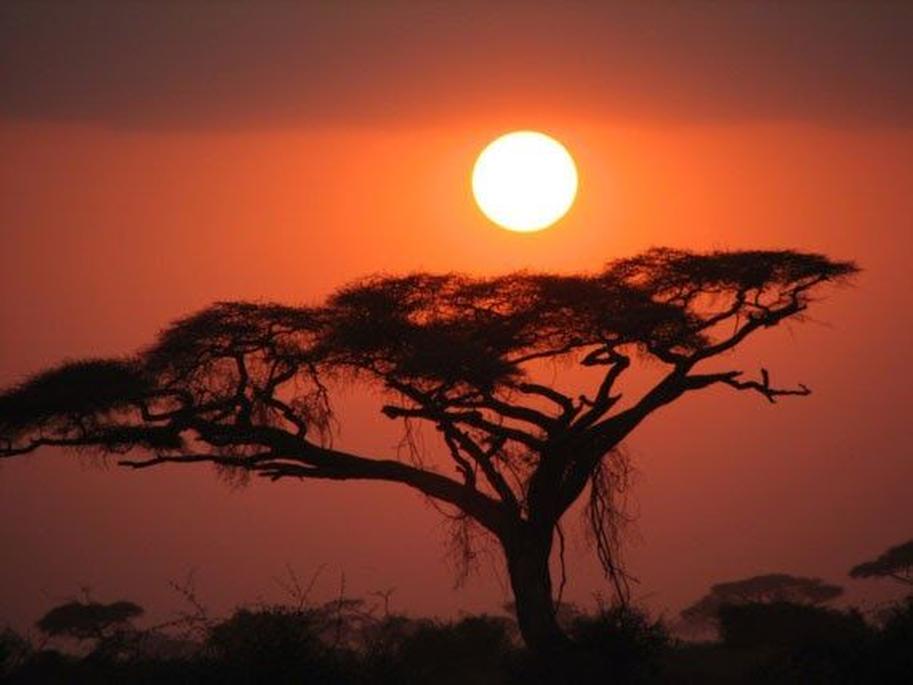
Ancient texts and classical sources identify Africa by several names, such as Aethiopia, Libya, Corphye, and Ortygia, not Alkebulan. These terms come from Greek, Roman, and other classical geographers. The mention of names like Ortegia in some modern sources appears to be a misspelling or variation of Ortygia, a known classical toponym. Moreover, grouping peoples such as Nubians, Moors, and Numidians under one shared continental name ignores their distinct cultural and linguistic backgrounds and introduces chronological inconsistencies.
Academic references, like the Encyclopedia of African History and Culture, note that the Moors, Nubians, and Numidians supposedly referred to the continent as Alkebulan. However, this entry is unsourced and lacks any citation or recommended further reading to support the claim. Such an absence of evidence underscores the speculative nature of the assertions. Historical scholarship generally does not confirm Alkebulan as a historically attested name.
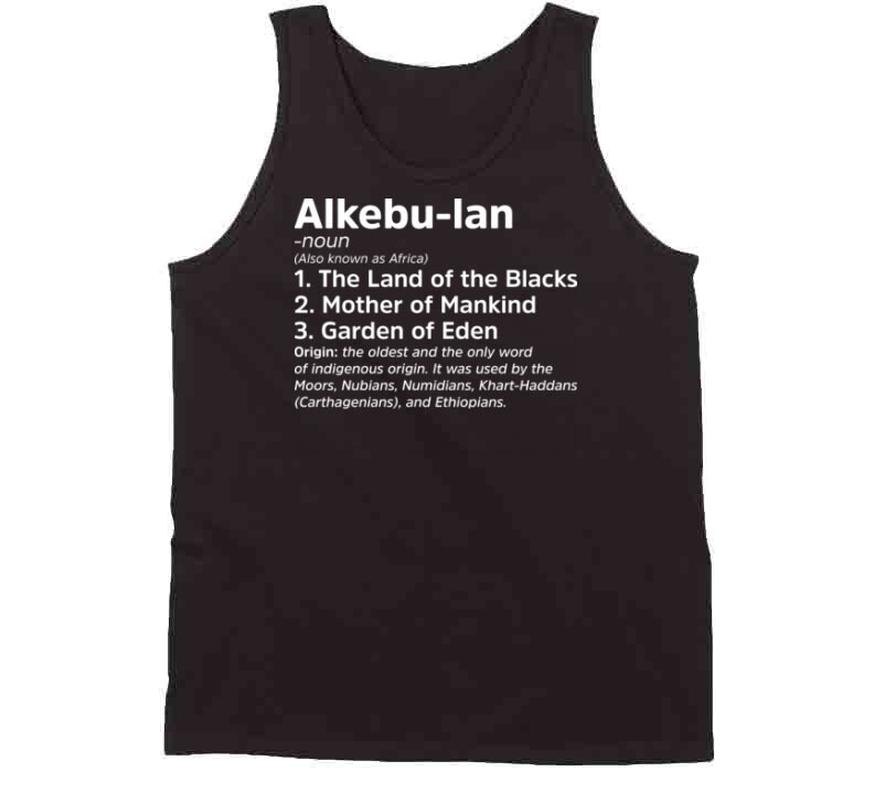
The chain of transmission for the Alkebulan narrative illustrates how Afrocentrist historiography often reclaims or reconstructs names and origins to affirm African heritage against Eurocentric frameworks. Despite its appeal and symbolic significance, Alkebulan remains a term embraced mostly in cultural, Pan-Africanist, or activist contexts rather than established historical discourse.
In summary, the concept of Alkebulan as an ancient and indigenous name for Africa does not rest on verifiable historical documentation. It likely originated with 20th-century Afrocentric authors, with Yosef ben-Jochannan playing a key role. Cheikh Anta Diop’s work, often incorrectly cited in connection with Alkebulan, does not substantiate this name. Classical and archaeological records continue to show a different set of names for the continent. The meaning ascribed to Alkebulan is also unsupported by credible linguistic evidence.
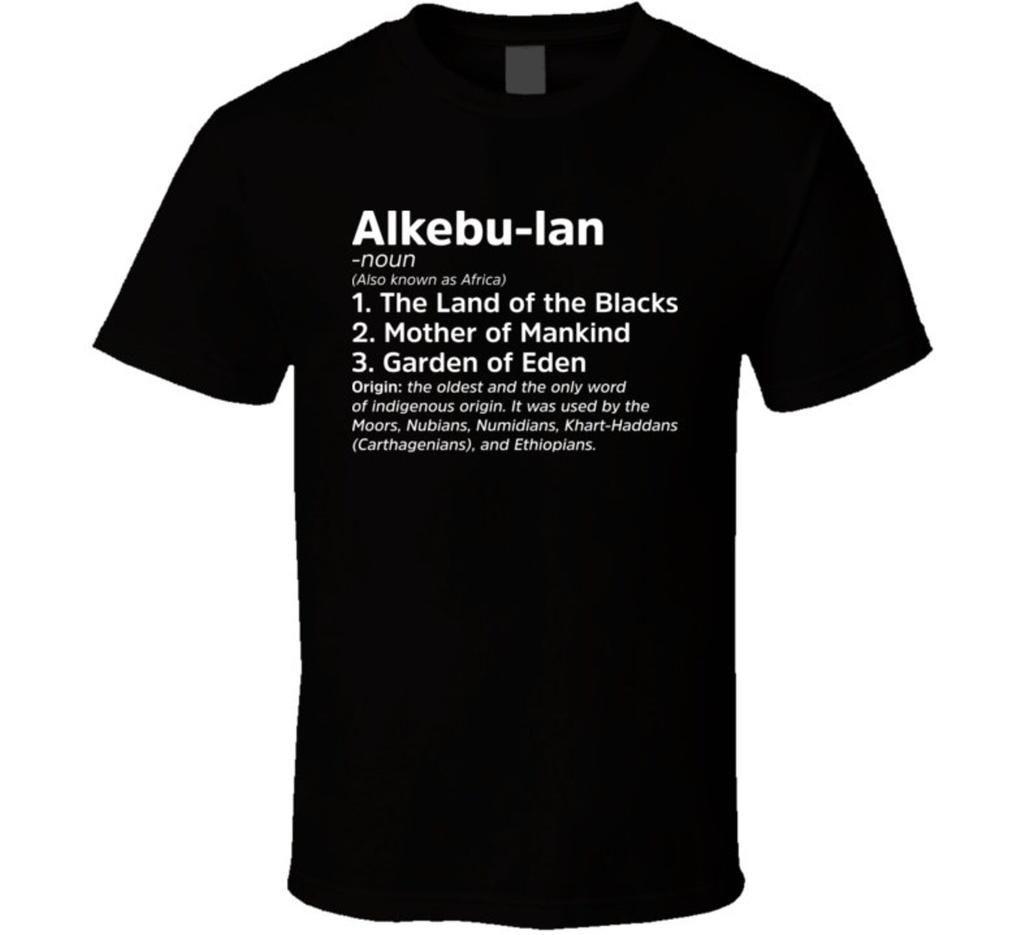
| Aspect | Fact |
|---|---|
| Term Origin | Popularized by Yosef ben-Jochannan (1970), not classical sources |
| Cheikh Anta Diop’s Role | No mention of Alkebulan or book titled Kemetic History of Afrika |
| Classical Names for Africa | Aethiopia, Libya, Corphye, Ortygia (not Alkebulan) |
| Meaning of Alkebulan | Claimed as “mother of mankind,” lacks linguistic evidence |
| Usage by Ancient Peoples | Unsupported claims regarding Moors, Nubians, Numidians, Ethiopians |
- Alkebulan is not an academically verified ancient name for Africa.
- Its use today is mostly cultural or symbolic in Afrocentric circles.
- Claims about its meaning and historical usage lack primary source support.
- Classical and archaeological records list different names for Africa.
- Cheikh Anta Diop did not promote the name Alkebulan despite common misconceptions.
Anybody Have an Update on the “Alkebulan” as a Possible Name Outside of People Calling It Ethiopia lol for a Time?
Yes, the name “Alkebulan” does pop up now and again as a potential ancient and indigenous name for Africa, but the story behind it is more tangled than a plate of spaghetti. Let’s dive into the history, myths, and facts to get a clearer picture of Alkebulan.
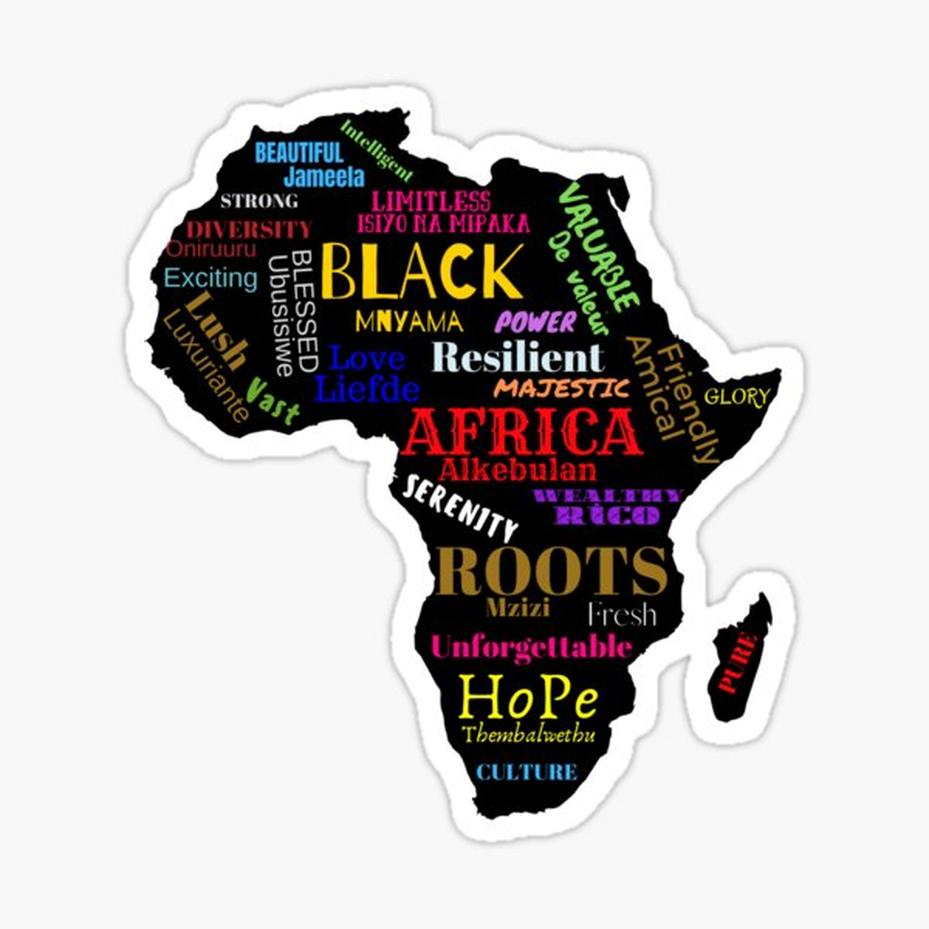
So, what’s the buzz with Alkebulan? It’s often claimed to be the ancient, original name for the African continent—sometimes described as meaning the “mother of mankind” or the “garden of Eden.” Sounds pretty grand, right? But is it true?
Alkebulan: The Ancient Name of Africa?
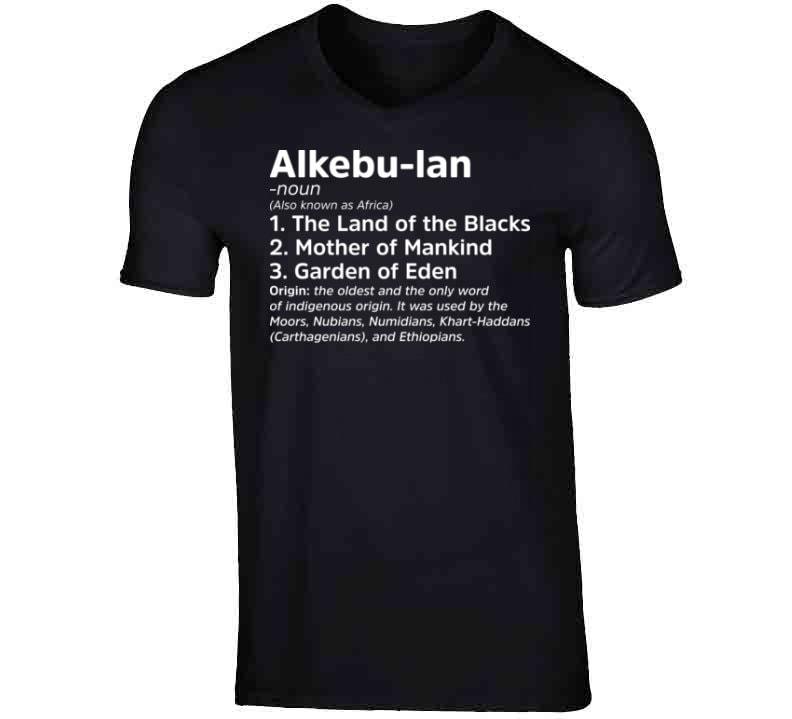
The claim that Alkebulan (sometimes spelled Alkebu-Lan) was the continent’s name before “Africa” or “Ethiopia” is mostly popular in Afrocentric and Kemeticist circles. According to these narratives, ancient peoples like the Moors, Nubians, Numidians, Khart-Haddans (that’s Carthaginians for you and me), and Ethiopians called Africa Alkebulan.
One frequently cited meaning is “mother of mankind” or “garden of Eden.” This idea evokes Romance with Africa as humanity’s cradle—which, hey, evolution and archaeology do support to an extent since Africa is humanity’s birth continent. But linking that deep history specifically to the name Alkebulan is where things get fuzzy.
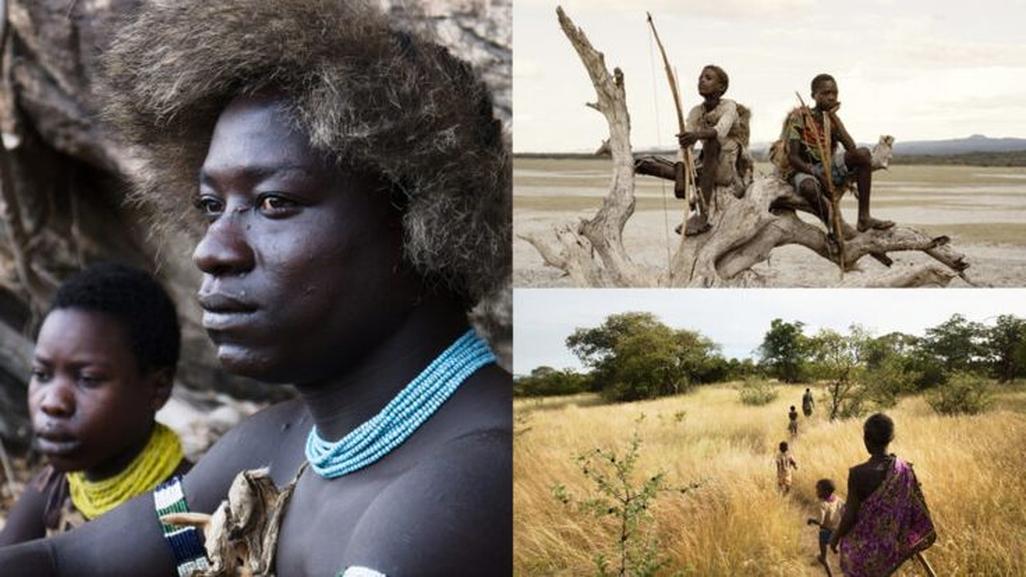
Who Started This Story Anyway?
Many people credit the Senegalese historian and Egyptologist Cheikh Anta Diop with popularizing Alkebulan as Africa’s original name. Diop is respected for his work on Africa’s ancient civilizations, but guess what? He never actually wrote on Alkebulan directly.
The specific claim about Alkebulan often gets tied to a book called Kemetic History of Afrika, but here’s the plot twist: Diop never authored such a book. His major English work is The African Origin of Civilization: Myth or Reality (1974), which does not mention Alkebulan.
So, if not Diop, then who? The trail leads to Yosef ben-Jochannan, a historian who in 1970’s Black Man of the Nile talked about “Alkebu-Lan.” His publisher was even Alkebu-Lan Books. This seems to be the real source of much of the Alkebulan discussion you see today.
However, even in ben-Jochannan’s work, there isn’t clear ancient evidence or references for Alkebulan as a continent name. It looks more like an Afrocentric reclaiming of identity than a documented ancient name.
Let’s Talk Evidence and Critique
When it comes to scholarly sources, the picture is less shiny. For example, the Encyclopedia of African History and Culture claims that the Moors, Nubians, and Numidians frequently called the continent Alkebulan, but it offers no sources or further readings to back that up. That’s a bit suspicious.
Also, the list of peoples said to have used the name gets a bit jumbled. Nubians from East Africa, Moors and Numidians from North Africa—sometimes these are lumped together without clear timeline or linguistic connection. Plus, places like “Ortegia” are oddly spelled (usually “Ortygia” in geographic references), lending less credibility to the lists.
This mix of peoples from different eras and regions, in one breath, tends to blur historical accuracy. The same goes for classical names like Ethiopia or Libya—those are well-documented in Greco-Roman texts, but Alkebulan is not.
Why Does Alkebulan Matter Anyway?
Well, for many African-descendant communities, reclaiming original names is a matter of cultural pride and identity. The term Alkebulan symbolizes a connection to a history uninterrupted by colonial rewriting.
Even if Alkebulan’s historicity is shakier than a Jenga tower, its cultural imprint is real. It stands in as a narrative of African heritage, evoking the continent as a “mother” or “garden,” linking people to a shared origin story.
What’s the Takeaway?
- Alkebulan is an appealing and powerful notion of Africa’s original name but remains unproven as an ancient continent-wide term.
- The narrative likely traces back to 20th-century Afrocentric scholars rather than to ancient written records.
- Scholarly sources do not confirm that the Moors, Nubians, or Carthaginians called Africa Alkebulan.
- The term’s meaning—mother of mankind or garden of Eden—fits well with Africa’s place as humanity’s cradle but is more symbolic than historical.
- Lists of peoples connected to Alkebulan in some sources are inconsistent and sometimes anachronistic.
Have People Actually Started Using Alkebulan More Widely?
The answer is nuanced. Outside specialized Afrocentric or cultural communities, Alkebulan hasn’t replaced Ethiopia or Africa as a commonly used name—yet. Many still refer to Ethiopia when emphasizing African indigenous connections, partly because Ethiopia itself holds a rich, distinct history and recognition.
But consider this: “Ethiopia” in classical sources once referred to a broader region or even the whole continent in some contexts. So, sometimes calling Africa “Ethiopia” was a shorthand. Alkebulan tries to fill the gap as the *real* original name, even though evidence is thin.
Why Not Just Stick to Ethiopia?
Well, Ethiopia is a specific country today. Calling the whole continent Ethiopia is like calling the US “New York” just because New York is famous. Alkebulan aims for a pan-African name embodying all of Africa, not just one land.
It’s like trying on new clothes of identity. Alkebulan represents an ambitious attempt to reconnect to a past beyond the colonial-imposed “Africa.”
Final Thoughts: Should YOU Call Africa “Alkebulan”? Maybe—With a Grain of Skepticism
If you want to honor Africa’s ancient roots and rally cultural pride, Alkebulan is a poetic and meaningful name. But it’s important to remember it’s more a modern reimagining than a well-documented historical fact.
Understanding that Alkebulan is a symbol—not a textbook fact—lets you appreciate its value without getting lost in myths.
Next time someone drops “Alkebulan” in conversation, you can nod knowingly. You’ll be the person who knows it’s a term loaded with cultural significance, Afrocentric passion, and a dash of historical mystery—a bit like Africa itself.
